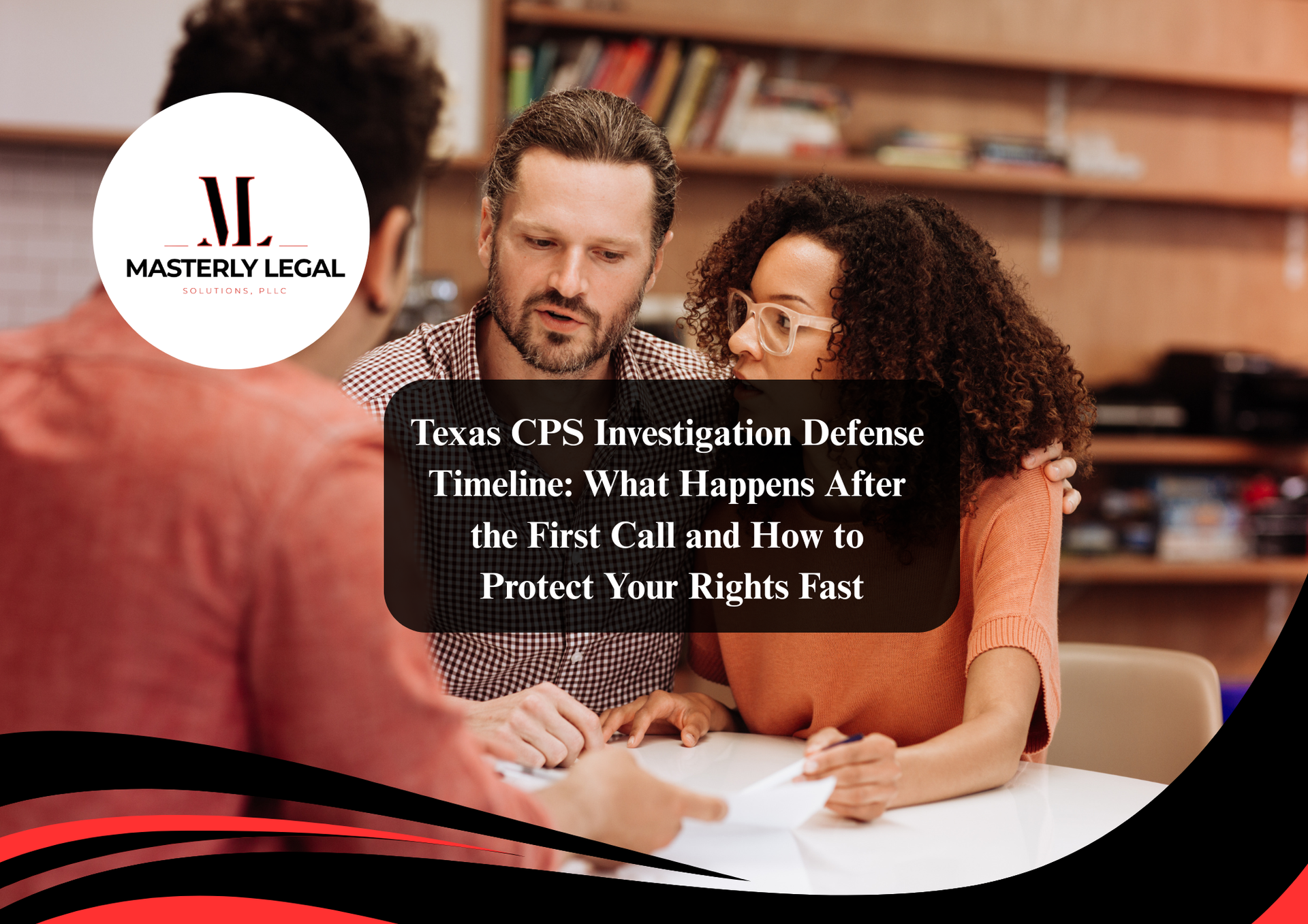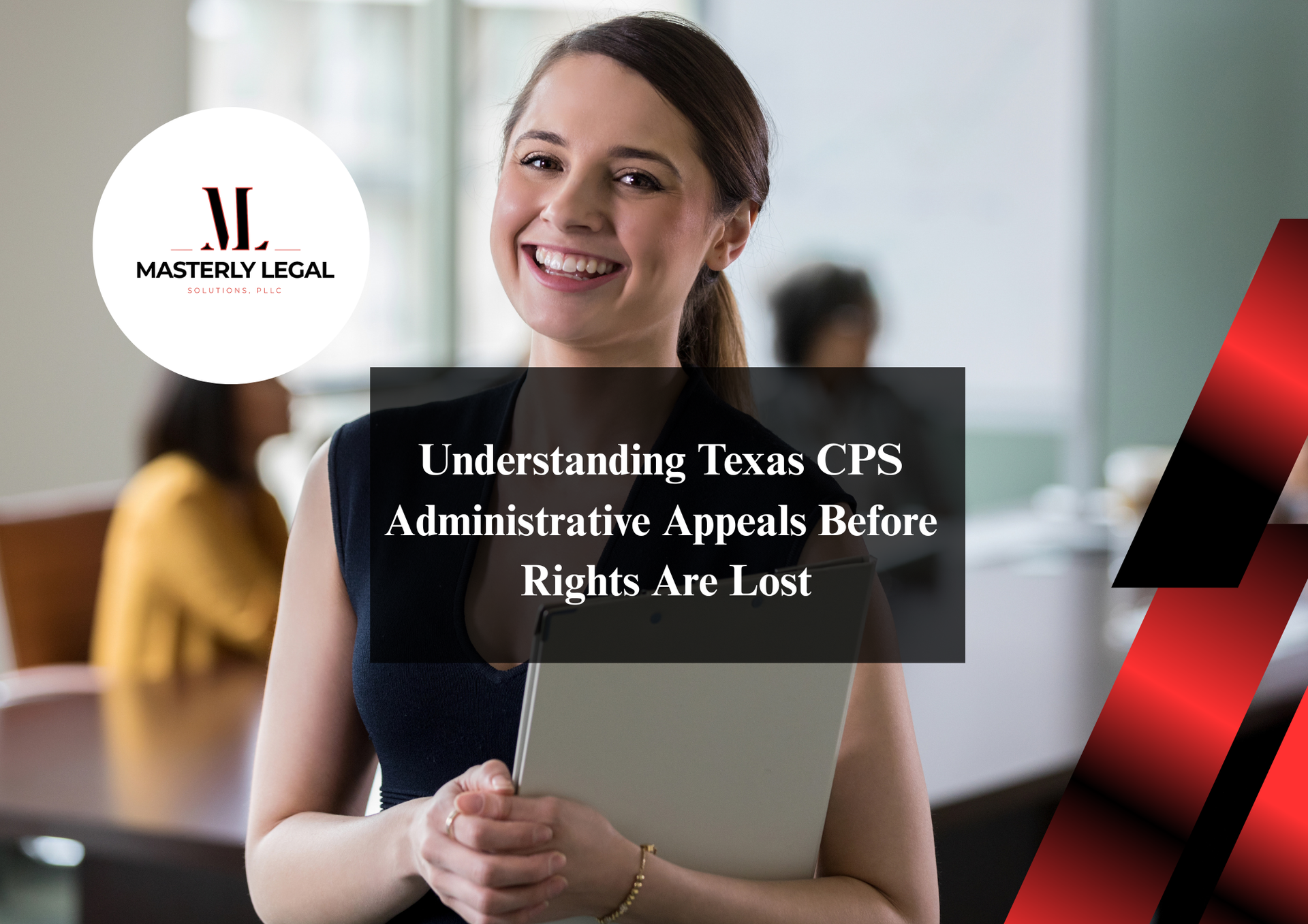Unmarried Couples' Estate Planning: How to Protect Your Partner
Introduction to Estate Planning for Unmarried Couples
In today's world, many unmarried couples choose to build their lives together without formalizing their relationships through marriage. While this decision has its benefits, it also presents unique legal challenges, particularly when it comes to estate planning. Unlike married couples, unmarried partners do not automatically have legal protections for inheritance and other crucial aspects of life after death or incapacity. Without a proper estate plan, your partner may not have the right to inherit your property or make important decisions on your behalf.
In this article, we'll explore the essential steps in estate planning for unmarried couples and provide valuable tips to ensure that your partner is protected, no matter what the future holds.
The Value of Estate Planning in the Case of Single Couples
For unmarried individuals in a committed relationship, estate planning is crucial. Without formal legal protections in place, an unmarried couple may face significant challenges when it comes to asset distribution and decision-making. Unlike a spouse, your partner may not have automatic rights to your assets, healthcare decisions, or the ability to make financial decisions if you become incapacitated.
Some key reasons why unmarried couples need proper estate planning include:
- Asset protection: Ensuring that your partner inherits your property and assets in the event of your death.
- Healthcare directives: Giving your partner the legal authority to make medical decisions on your behalf if you are incapacitated.
- Power of attorney: Allowing your partner to manage your financial affairs in case of illness or incapacity.
Without these crucial documents in place, the court may appoint someone else to handle these decisions, leaving your partner without a say.
Documents for Unmarried Couples' Estate Planning
Creating an effective estate plan requires several important documents to ensure that your partner is protected. These documents help secure your partner’s legal rights and ensure that your wishes are followed in case of incapacity or death.
Key estate planning documents for unmarried couples include:
- Last Will and Testament: A will allows you to specify who will inherit your assets upon your death. Without a will, state law may dictate how your assets are distributed, often excluding unmarried partners.
- Revocable Living Trust: A trust allows you to manage your assets during your lifetime and pass them on to your partner upon your death without going through probate.
- Durable Power of Attorney: This document allows your partner to make financial decisions on your behalf if you become incapacitated.
- Healthcare Directive: A healthcare directive gives your partner the authority to make medical decisions for you if you are unable to do so.
- Beneficiary Designations: Ensure that your partner is listed as the beneficiary on accounts such as life insurance policies, retirement accounts, and joint property holdings.
Each of these documents plays a vital role in protecting your partner’s rights and ensuring that your wishes are followed.
Protecting Your Partner’s Rights Through Trusts and Wills
One of the most important aspects of estate planning for unmarried couples is ensuring that your partner has the legal right to inherit your assets. A will or revocable living trust can be used to designate your partner as the primary beneficiary of your property.
A revocable living trust is especially beneficial for unmarried couples because it allows you to avoid probate, which can be a lengthy and costly process. By placing your assets into a trust, your partner can inherit your assets directly without needing court intervention.
Joint Tenancy and Right of Survivorship
Another effective strategy for unmarried couples is to hold property as joint tenants with right of survivorship. This means that if one partner passes away, the other automatically inherits the property. This arrangement can apply to real estate, bank accounts, and other joint assets. It's a simple way to ensure that your partner receives your property without going through probate.
However, it’s important to consult an estate planning attorney before deciding on this approach, as it may have implications for estate taxes and asset division.
Healthcare Directives and Power of Attorney for Unmarried Partners
For unmarried couples, having clear legal documents in place to handle medical and financial decisions is essential. Without a healthcare directive or power of attorney, your partner may not have the legal authority to make decisions on your behalf in the event of incapacity.
- Healthcare Directive: This document allows you to name your partner as the person responsible for making medical decisions if you are unable to do so. Without this directive, the court may appoint a different family member to make these decisions.
- Durable Power of Attorney: This document gives your partner the authority to manage your financial affairs, such as paying bills, managing bank accounts, and handling investments, if you become incapacitated.
These legal documents provide essential protection for your partner in the event of illness or incapacity.
Life Insurance and Beneficiary Designations
Another important consideration for unmarried couples is ensuring that your partner is named as the beneficiary on any life insurance policies, retirement accounts, or other financial instruments. In the absence of a clear beneficiary designation, these assets may go to your closest blood relatives rather than your partner.
You can guarantee that your partner will get the necessary financial support in the event of your death by naming them as the beneficiary.
Non-Marital Property Division for Unmarried Couples
Separated couples encounter particular difficulties when it comes to dividing non-marital possessions. Without the protections afforded to married couples, an unmarried partner may have difficulty claiming ownership of property or assets acquired during the relationship. This is why having a clear estate plan in place is essential for protecting your partner’s interests.
An estate planning attorney can help you create a domestic partnership agreement that outlines how assets will be divided in the event of a breakup or death. This agreement can also address issues such as healthcare and financial decision-making.
Trusts for Asset Protection in Estate Planning
For unmarried couples, creating a trust is one of the best ways to ensure that your partner is protected. A revocable living trust allows you to manage your assets during your lifetime and pass them on to your partner without going through probate. It also provides flexibility, as you can modify or revoke the trust at any time.
By using a trust, you can protect your assets from creditors, lawsuits, and other claims, ensuring that your partner receives their rightful inheritance.
Tax Considerations for Unmarried Couples
Unmarried couples should also be aware of the tax implications of their estate plan. Unlike married couples, unmarried partners do not receive the same tax benefits, particularly when it comes to estate taxes. Depending on the size of your estate, your partner may be subject to higher taxes.
To mitigate these tax implications, you may want to consult with an estate planning attorney who can help you explore options such as gifting assets during your lifetime, creating a trust, or utilizing other estate planning tools to minimize the tax burden on your partner.
State Laws Concerning Unmarried Couples' Estate Planning
It’s important to remember that estate planning laws vary from state to state. Some states may have more favorable laws for unmarried partners, while others may not provide any protections at all. If you and your partner move from one state to another, it’s essential to review your estate plan to ensure that it complies with the laws of your new state.
Consulting with an estate planning attorney can help you navigate these state-specific laws and ensure that your partner is fully protected.
Find Out About Estate Planning for Single Individuals
If you’re in a committed relationship and want to ensure that your partner is protected through proper estate planning, Masterly Legal Solutions is here to help. Our experienced attorneys specialize in creating comprehensive estate plans tailored to the unique needs of unmarried couples. We offer personalized legal counsel and expert defense strategies to safeguard your assets and secure your partner’s future.
We provide mobile in-home services throughout most of Texas, so whether you’re in Dallas, Austin, Houston, or Grand Prairie, we can come to your home to discuss your estate planning needs. Don’t wait to protect your loved ones—contact us today for a free consultation.
Masterly Legal Solutions
(972) 236-5051
Offices: Dallas, Austin, Houston, Grand Prairie
Let us help you create an estate plan that provides peace of mind for you and your partner!
Please note: that this article is for educational purposes only and does not constitute legal advice. For personalized legal advice, please speak with us directly.
Questions We Get Asked the Most
What are the basics of estate planning for unmarried couples?
Estate planning for unmarried couples involves creating legal documents to ensure your surviving partner is taken care of. It includes wills, trusts, powers of attorney, and beneficiary designations. Unlike married counterparts, unmarried partners don't have automatic inheritance rights, so it's crucial to have a plan in place.
Why is an agreement important for unmarried relationships?
An agreement can outline the distribution of assets upon the death of a partner, making sure that the surviving partner is not left without support. This is especially important since unmarried partners don't have the same legal rights as married couples.
How can couples who live together ensure they have inheritance rights?
Couples can ensure inheritance rights by naming each other in their wills, setting up joint tenancy with rights of survivorship, and designating each other as beneficiaries on retirement accounts and life insurance policies.
What happens without an estate plan in place?
Without an estate plan, the surviving partner might not inherit any assets, as they are not legally recognized as a spouse. The assets could be distributed according to state laws, which often favor biological family members.
Are there any estate tax implications for unmarried couples?
Yes, unmarried partners are subject to federal estate tax without the benefits that married couples receive. Proper planning can help minimize the estate and gift tax burden upon the death of a partner.
How can a financial power of attorney benefit unmarried partners?
A financial power of attorney allows unmarried partners to make financial decisions for each other in case one becomes incapacitated. This ensures that their financial matters are handled by someone they trust.
What is the role of a trustee in estate planning for unmarried couples?
A trustee manages the assets in a trust according to the terms laid out in the trust document. For unmarried couples, appointing a trustee can ensure that the surviving partner is provided for according to their wishes.
How do non-traditional and long-term relationships affect estate planning?
Non-traditional and long-term relationships require careful planning, as the legal system doesn't automatically recognize these partnerships. Couples should consider all aspects of their financial and personal lives to create a comprehensive plan.
What are some key documents unmarried partners should consider in their estate planning?
Unmarried partners should consider creating wills, trusts, financial power of attorney, healthcare directives, and naming each other as beneficiaries on life insurance and retirement accounts to ensure their wishes are honored.
How does joint tenancy with rights of survivorship work for unmarried couples?
Joint tenancy with rights of survivorship allows the surviving partner to automatically inherit the jointly owned property upon the death of the first partner. This can be a straightforward way to ensure the surviving partner retains ownership of important assets.
Looking for Legal & Business Solutions? Contact Us Now
Fill in the form or call us to set up a meeting














